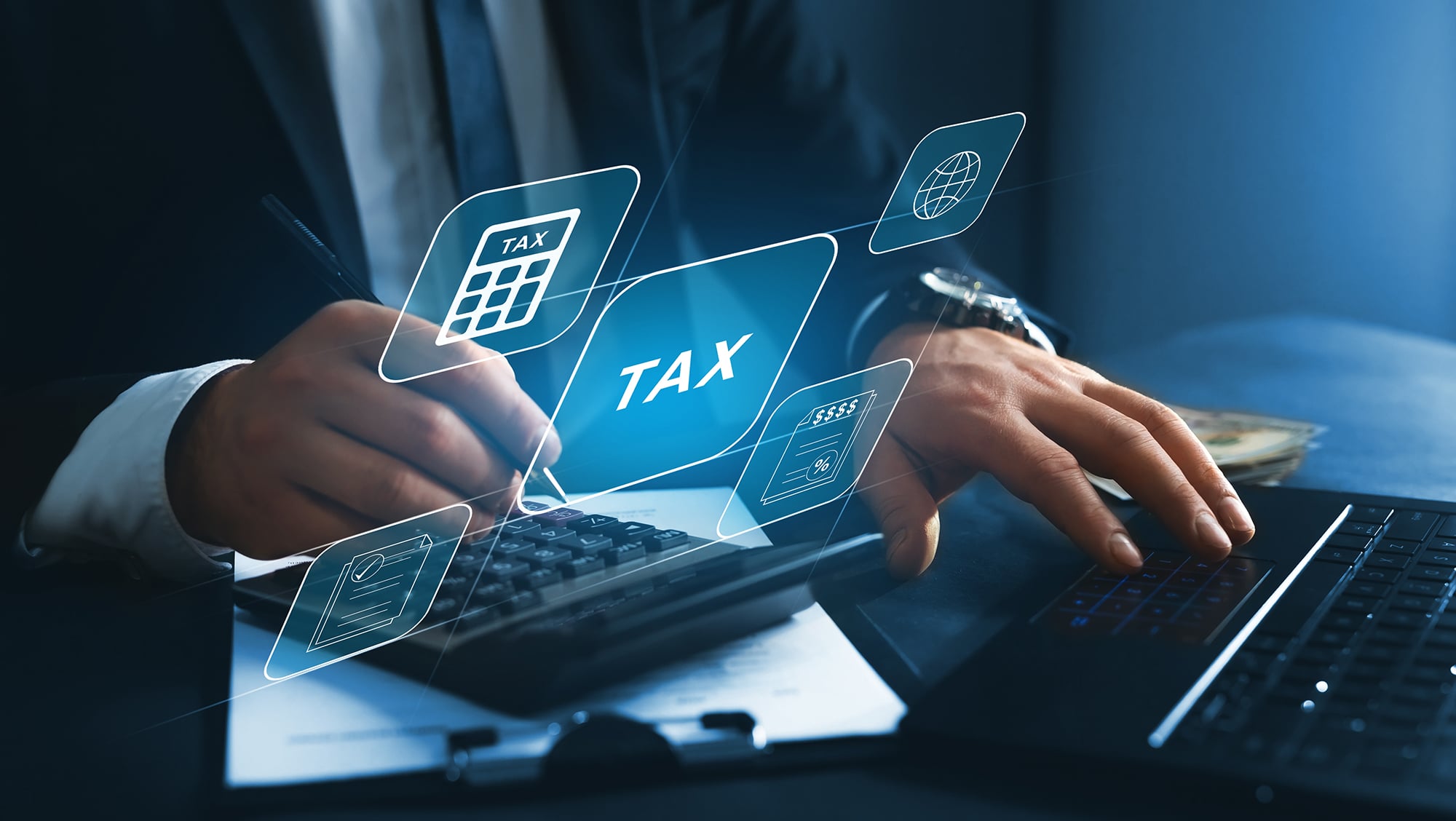
Understanding the Pros and Cons of Taking a Special Tax 83(b) Election
A special tax 83(b) election is a prevision under the Internal Revenue Code (IRC) that allows an individual to pay taxes on their equity (such as shares of restricted stock) at the time it’s granted rather than when it vests. In other words, should you decide to take a special tax 83(b) election, you will pay ordinary income taxes on the value of your shares right away. Taking this election sets the cost basis of your stock.
Should you take a special tax 83(b) election? Unfortunately, that answer is not a simple one. As with most financial matters, it’s important to explore the advantages and disadvantages of taking a special tax 83(b) election before making a final decision.
The Advantages
One of the biggest advantages of taking a special tax 83(b) election is that it allows you to lock in your tax rate at the time when you receive the stock or property, instead of when it vests. This can be especially beneficial if you’re confident that your tax rate will increase in the future.
Another potential benefit is that by paying taxes at the time the restricted stock is granted, you avoid paying any additional ordinary income taxes due on the stock’s appreciation before vesting. Any gains after taxes are paid with the special tax 83(b) election would be taxed as long-term capital gains. However, if the value of your restricted stock decreases between when it is granted and when it vests, then taking the election would cause you to take a loss if sold.
Timing is truly everything, especially when it comes to deciding when to sell restricted stock—which brings us to our next point.
The Drawbacks
One of the major drawbacks associated with taking an 83(b) election is that it requires significant liquidity. Since you cannot sell the restricted stock shares when they are granted, but have elected to pay taxes on their value with the special tax 83(b) election, you will need the cash on hand to pay the tax bill. If you make an incorrect calculation or underestimate how much money will be owed when filing taxes related to your special tax 83(b) election, then you may need to borrow money or face substantial penalties and fines from both federal and state governments.
If you go the traditional route of waiting to pay tax on your restricted stock shares, you’ll be able to have more control and flexibility. Consider this: if there is a sudden change in economic conditions, such as a recession or a negative event at your company, the value of your restricted stock may decrease significantly before vesting, which would result in losses if sold after you opted to take an 83(b) election. Once you take the special tax 83(b) election, those taxes are paid on the value of the shares at the time they are granted. If the shares go down in price, there are no tax refunds.
Lastly, if for any reason you decide not to complete the agreement with your company related to your restricted stock and the restricted stock shares do not vest, you will not be able to get your tax payment back. To reiterate, once the taxes have been paid, they will not be refunded for any reason.
If you’re unsure about taking a special tax 83(b) election, speak with your CPA and/or financial advisor. While taking this election could be advantageous, it also poses risk. Deciding when to pay taxes can be as difficult a decision as deciding when to sell restricted stock so be sure to consider all the angles.
Conclusion
Determining when to pay taxes on shares of restricted stock and ultimately when to sell restricted stock is no simple feat. Every investor’s situation is unique and necessitates careful analysis before making any decisions. Overall, taking a special tax 83(b) election can provide several benefits depending on one’s individual circumstances, however there are certain risks associated with making this election as well. As such, investors should carefully weigh all pros and cons before deciding if they should make a special tax 83(b) election and when to sell restricted stock in general.
- Topics Tagged:
- Understanding Restricted Stock,
- Ways to Use Restricted Stock
